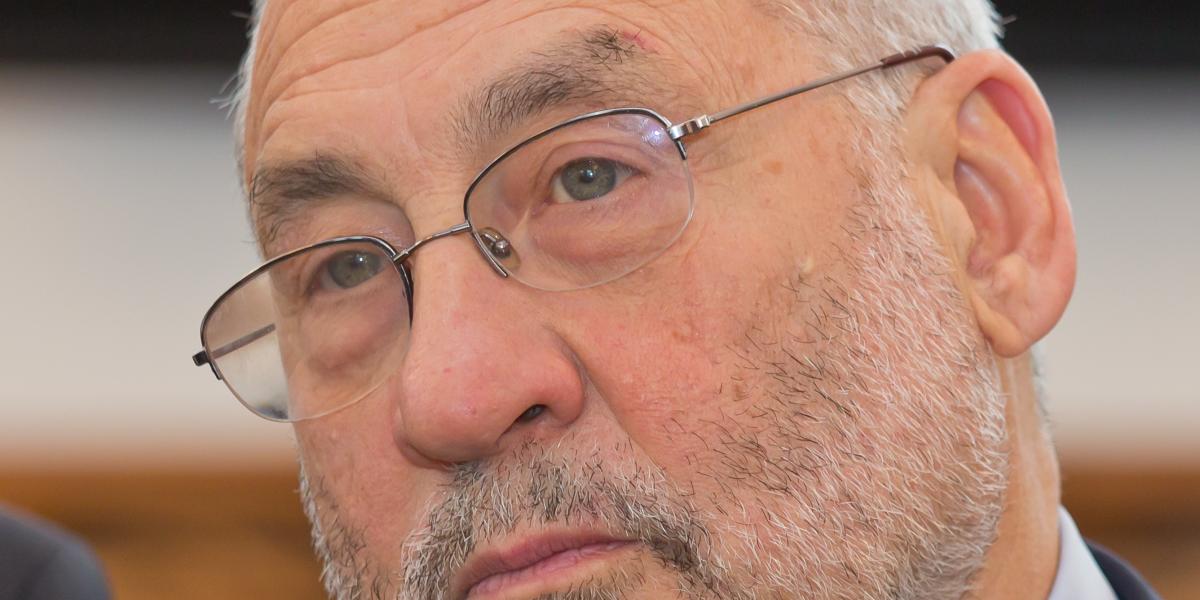Administration Calm Despite Dollar's Woes
Sun Nov 14, 3:46 PM ET Business - AP
By MARTIN CRUTSINGER, AP Economics Writer
WASHINGTON - America's trade deficit is soaring and the once high-flying dollar has sunk to record lows against Europe's common currency. But the Bush administration has reacted with remarkable calm to developments that raise worries about a possible dollar crisis.
Related Quotes
DJIA
NASDAQ
S&P 500
10427.21
2045.62
1168.29
+41.73
+11.06
+5.38
delayed 20 mins - disclaimer
Quote Data provided by Reuters
Treasury Secretary John Snow, when asked, sticks to his standard comment that the administration's position in favor of a strong dollar has not wavered.
Beyond such utterances has come no single government action. During its four years in power, not once has the administration intervened in currency markets to support the dollar or done anything else to stop the dollar's slide.
At one point last week, the greenback hit an all-time low when it took $1.30 to buy one euro, the common currency used by 12 European nations. That rate was down 8 percent from where the dollar stood in relationship to the euro just three months ago.
The slide means that a vacation for Americans in Europe is now more expensive, and European products coming into this country will cost more.
Most economists say the dollar, already down by about 10 percent over the past two years against a market basket of foreign currencies, has yet to reach its lowest point. In fact, some think the dollar needs to decline by 10 percent more to deal with climbing U.S. trade deficits.
"The trend to a weaker dollar is going to continue. The trade deficit is just too big," said David Wyss, chief economist at Standard & Poor's in New York.
The dollar's record low against the euro coincided with the government's report that the United States was running a trade deficit through September at annual rate of $592 billion. That compares with last year's record $496 billion.
As a result, the country is having to borrow almost $600 billion from foreigners this year to pay for the imported cars, televisions and other items Americans are buying.
Foreigners so far are more than willing to lend the money. The unsettling worry, however, is what could happen if foreigners suddenly lost interest in holding dollar-denominated investments. The outward rush from U.S. stock and bond markets could send stock prices crashing and interest rates soaring.
The rest is here:
Sun Nov 14, 3:46 PM ET Business - AP
By MARTIN CRUTSINGER, AP Economics Writer
WASHINGTON - America's trade deficit is soaring and the once high-flying dollar has sunk to record lows against Europe's common currency. But the Bush administration has reacted with remarkable calm to developments that raise worries about a possible dollar crisis.
Related Quotes
DJIA
NASDAQ
S&P 500
10427.21
2045.62
1168.29
+41.73
+11.06
+5.38
delayed 20 mins - disclaimer
Quote Data provided by Reuters
Treasury Secretary John Snow, when asked, sticks to his standard comment that the administration's position in favor of a strong dollar has not wavered.
Beyond such utterances has come no single government action. During its four years in power, not once has the administration intervened in currency markets to support the dollar or done anything else to stop the dollar's slide.
At one point last week, the greenback hit an all-time low when it took $1.30 to buy one euro, the common currency used by 12 European nations. That rate was down 8 percent from where the dollar stood in relationship to the euro just three months ago.
The slide means that a vacation for Americans in Europe is now more expensive, and European products coming into this country will cost more.
Most economists say the dollar, already down by about 10 percent over the past two years against a market basket of foreign currencies, has yet to reach its lowest point. In fact, some think the dollar needs to decline by 10 percent more to deal with climbing U.S. trade deficits.
"The trend to a weaker dollar is going to continue. The trade deficit is just too big," said David Wyss, chief economist at Standard & Poor's in New York.
The dollar's record low against the euro coincided with the government's report that the United States was running a trade deficit through September at annual rate of $592 billion. That compares with last year's record $496 billion.
As a result, the country is having to borrow almost $600 billion from foreigners this year to pay for the imported cars, televisions and other items Americans are buying.
Foreigners so far are more than willing to lend the money. The unsettling worry, however, is what could happen if foreigners suddenly lost interest in holding dollar-denominated investments. The outward rush from U.S. stock and bond markets could send stock prices crashing and interest rates soaring.
The rest is here:






Comment